University of Vienna: Statistics
Updated:
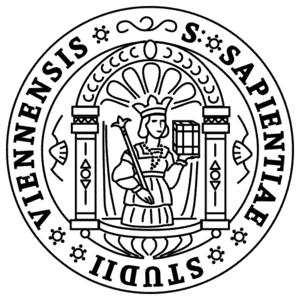

| Position | Category |
|---|---|
| #99 of 14,131 | In the World |
| #23 of 2,785 | In Europe |
| #1 of 71 | In Austria |
| #1 of 23 | In Vienna |
| #37 of 1,020 | For Broadcast Journalism |
| Top100 | For 20 other topics |
Quick Review
- Enrollment
- 93,628
- Type
- Non-profit
- Funding
- Public-private
partnership - Website
- univie.ac.at
- Languages
- German
- Acceptance rate
- 33%*
* The University of Vienna is among the institutions that don't provide data on acceptance rates. This might happen because the university has programs where applicants only need to meet admission requirements to enroll and don't necessarily compete with others.
We estimate the above acceptance rate based on admission statistics of closely ranked nearby universities with similar research profiles that do publish such data.
Acceptance rate & Admissions
| Admissions Requirements | Secondary school certificate (Reifezeugnis) or recognized foreign equivalent |
|---|---|
| Academic Calendar | October to June (October - January; March-June) |
| Enrollment | 93,628 |
Research profile
University of Vienna is a world-class research university with 139,566 scientific papers published and 3,921,459 citations received. The research profile covers a range of fields, including Biology, Chemistry, Liberal Arts & Social Sciences, Physics, Engineering, Medicine, Environmental Science, Computer Science, Quantum and Particle physics, and Biochemistry.
University of Vienna majors
by publication & citation count
Annual publication & citation counts
| Year | Publications | Citations |
|---|---|---|
| 1992 | 1581 | 13408 |
| 1993 | 1444 | 14263 |
| 1994 | 1692 | 15364 |
| 1995 | 1828 | 17151 |
| 1996 | 2087 | 20075 |
| 1997 | 2319 | 22659 |
| 1998 | 2397 | 25845 |
| 1999 | 2529 | 30440 |
| 2000 | 2682 | 35910 |
| 2001 | 2929 | 41363 |
| 2002 | 3015 | 48436 |
| 2003 | 3238 | 58386 |
| 2004 | 2867 | 66056 |
| 2005 | 2216 | 73617 |
| 2006 | 2317 | 80608 |
| 2007 | 2560 | 84525 |
| 2008 | 2777 | 90094 |
| 2009 | 3201 | 97826 |
| 2010 | 3227 | 103522 |
| 2011 | 3363 | 114073 |
| 2012 | 3405 | 123444 |
| 2013 | 3736 | 132976 |
| 2014 | 3768 | 143747 |
| 2015 | 4041 | 148240 |
| 2016 | 4582 | 156582 |
| 2017 | 4546 | 169165 |
| 2018 | 4953 | 185935 |
| 2019 | 5265 | 209952 |
| 2020 | 6101 | 249109 |
| 2021 | 6348 | 288578 |
| 2022 | 6460 | 278131 |
| 2023 | 6532 | 295006 |
| 2024 | 4807 | 284386 |
Tuition
| International studetns | Non EU students: 726.72 (EUR) |
|---|---|
| Local studetns | EU students: 363.36 per semester (EUR) |
Programs and Degrees
The table below displays academic fields with programs and courses that lead to Bachelor's, Master's, and Doctorate degrees offered by University of Vienna.
Note that the table provides a general overview and might not cover all the specific majors available at the university. Always visit the university's website for the most up-to-date information on the programs offered.
| Programs | Bachelor | Master | Doctoral |
|---|---|---|---|
| Art & Design | Yes | Yes | Yes |
| Biology | Yes | Yes | Yes |
| Business | Yes | Yes | Yes |
| Chemistry | Yes | Yes | Yes |
| Computer Science | Yes | Yes | Yes |
| Economics | Yes | Yes | Yes |
| Engineering | No | No | No |
| Environmental Science | Yes | Yes | Yes |
| Liberal Arts & Social Sciences | Yes | Yes | Yes |
| Mathematics | Yes | Yes | Yes |
| Medicine | No | No | No |
| Physics | Yes | Yes | Yes |
| Psychology | Yes | Yes | Yes |
| Bachelor's Degree | Ancient Civilizations, Archaeology, Art History, Astronomy and Space Science, Biology, Business Administration, Catholic Theology, Chemistry, Communication Arts, Computer Science, Cultural Studies, Earth Sciences, Economics, Education, English, Eurasian and North Asian Languages, Geography (Human), History, International Business, Journalism, Judaic Religious Studies, Law, Literature, Mathematics, Meteorology, Musicology, Oriental Studies, Philosophy, Physical Therapy, Physics, Sociology, Theology |
|---|---|
| Master's Degree | Anthropology, Archaeology, Arts and Humanities, Astronomy and Space Science, Behavioural Sciences, Biological and Life Sciences, Botany, Business Administration, Chemistry, Classical Languages, Cultural Studies, Earth Sciences, Ecology, Economics, Education, Environmental Studies, Gender Studies, Geography, Information Sciences, Mass Communication, Mathematics and Computer Science, Meteorology, Modern Languages, Musicology, Natural Sciences, Nursing, Nutrition, Performing Arts, Political Sciences, Psychology, Regional Planning, Religion, Social Sciences, Sociology, Sports, Surveying and Mapping, Technology, Theology, Translation and Interpretation, Urban Studies, Zoology |
| Doctor of Philosophy | Arts and Humanities, Biological and Life Sciences, Business Administration, Economics, Education, Engineering, Law, Natural Sciences, Philosophy, Social Sciences, Statistics, Theology |
University of Vienna alumni
-
Sigmund Freud

- Occupations
- neurologistessayistpsychoanalyst
- Biography
-
Sigmund Freud was an Austrian neurologist and the founder of psychoanalysis, a clinical method for evaluating and treating pathologies seen as originating from conflicts in the psyche, through dialogue between patient and psychoanalyst, and the distinctive theory of mind and human agency derived from it.
-
Gregor Mendel
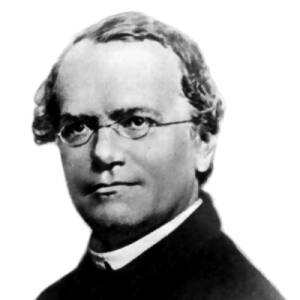
- Occupations
- botanistbeekeepergeneticistbiologistCatholic priest
- Biography
-
Gregor Johann Mendel OSA was an Austrian biologist, meteorologist, mathematician, Augustinian friar and abbot of St. Thomas' Abbey in Brno (Brünn), Margraviate of Moravia. Mendel was born in a German-speaking family in the Silesian part of the Austrian Empire (today's Czech Republic) and gained posthumous recognition as the founder of the modern science of genetics. Though farmers had known for millennia that crossbreeding of animals and plants could favor certain desirable traits, Mendel's pea plant experiments conducted between 1856 and 1863 established many of the rules of heredity, now referred to as the laws of Mendelian inheritance.
-
Sebastian Kurz

- Enrolled in the University of Vienna
- Studied in 2005-2011
- Occupations
- politician
- Biography
-
Sebastian Kurz is an Austrian former politician who served twice as Chancellor of Austria, first from 2017 to 2019 and then again from 2020 to 2021. On 23 February 2024, Kurz received an eight-month suspended sentence after being convicted of perjury by a court in Vienna over his involvement in a parliamentary inquiry.
-
Stefan Zweig
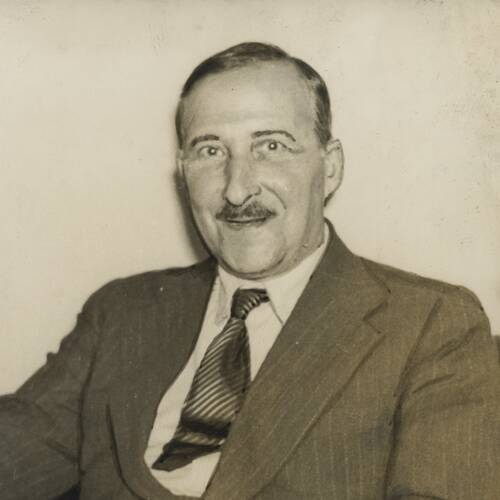
- Occupations
- translatorbiographerhistorianprose writerpoet
- Biography
-
Stefan Zweig was an Austrian writer. At the height of his literary career, in the 1920s and 1930s, he was one of the most widely translated and popular writers in the world.


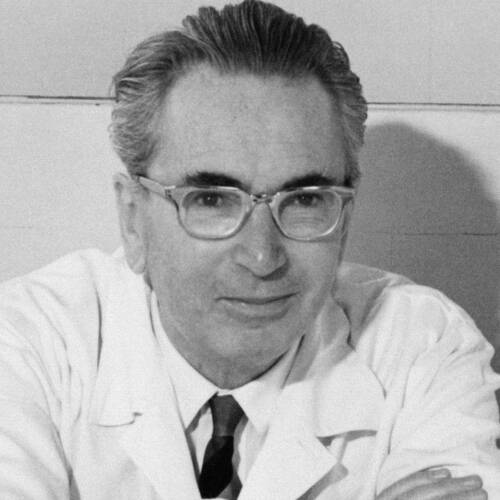
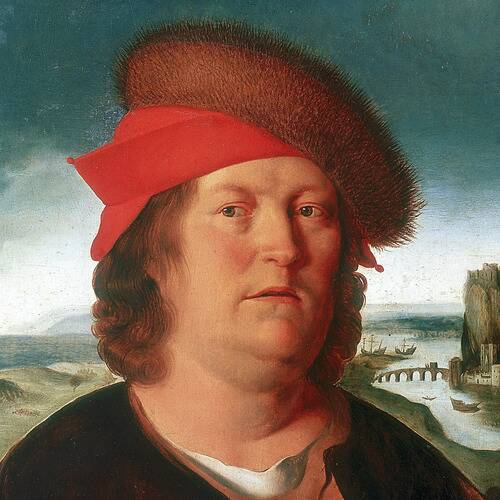
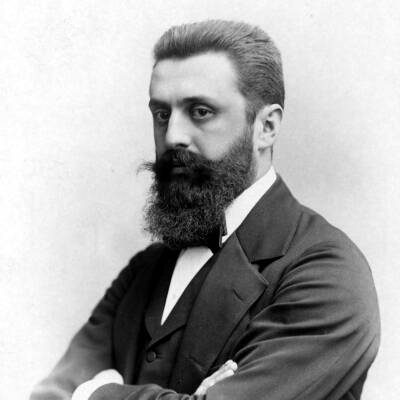
University of Vienna faculties and divisions
| Centre : Molecular Biology | Molecular Biology |
|---|---|
| Centre : Sports Sciences and University Sports | Sports |
| Centre : Teacher Education | Education, Teacher Training |
| Centre : Translation studies | Communication Studies, Translation and Interpretation |
| Faculty : Business, Economics and Statistics | Business Administration, Business and Commerce, Commercial Law, Economics, Finance, Modern Languages, Statistics |
| Faculty : Catholic Theology | Catholic Theology, Theology |
| Faculty : Chemistry | Chemistry |
| Faculty : Computer Science | Computer Science |
| Faculty : Earth Sciences, Geography and Astronomy | Astronomy and Space Science, Earth Sciences, Geography |
| Faculty : Historical-Cultural Sciences | Ancient Civilizations, Cultural Studies, Ethnology, History |
| Faculty : Law | Law |
| Faculty : Life Sciences | Biological and Life Sciences, Biology, Molecular Biology, Pharmacy |
| Faculty : Mathematics | Mathematics, Mathematics Education |
| Faculty : Philological-Cultural Sciences | Cultural Studies, Philology |
| Faculty : Philosophy and Educational Sciences | Educational Sciences, Pedagogy, Philosophy |
| Faculty : Physics | Physics |
| Faculty : Protestant Theology | Protestant Theology, Religion, Religious Education, Theology |
| Faculty : Psychology | Psychology |
| Faculty : Social Sciences | Political Sciences, Social Sciences, Sociology |
General information
| Alternative names | UNIVIE Universität Wien |
|---|---|
| Founded | 1365 |
| Accreditation | Federal Ministry of Education, Science and Research (Bundesministerium für Bildung, Wissenschaft und Forschung – BMBWF) |
| Colors | blue, white |
Location and contacts
| Address | Universitätsring 1 Wien, Vienna, 1010 Austria |
|---|---|
| City population | 1,973,000 |

